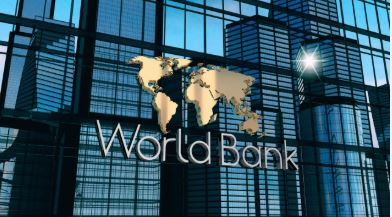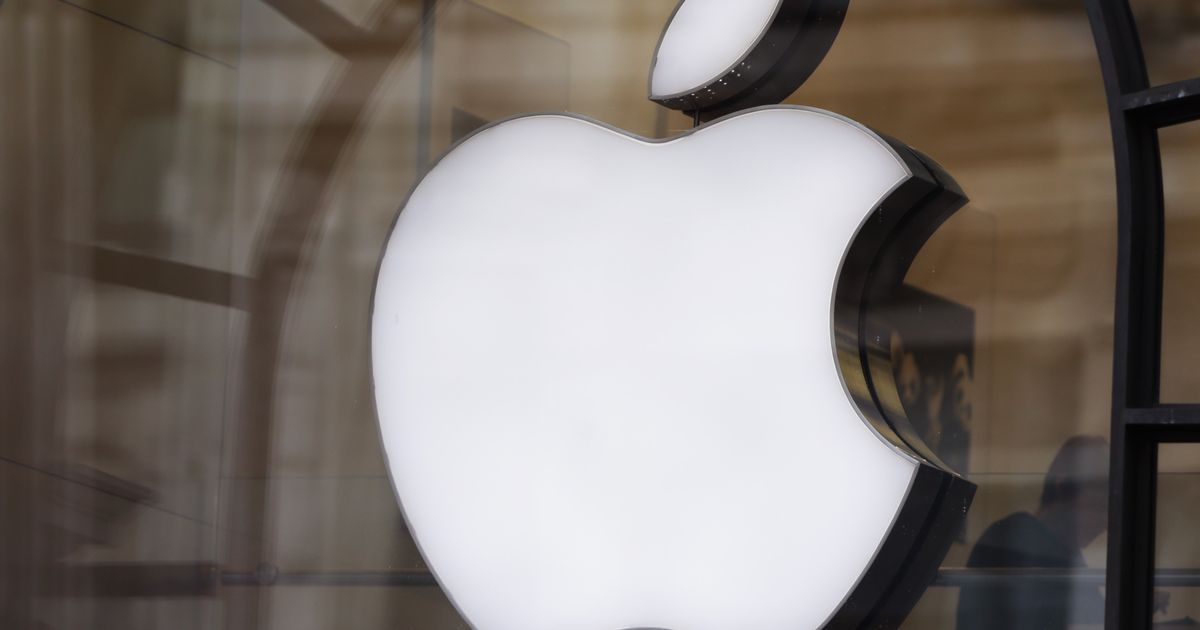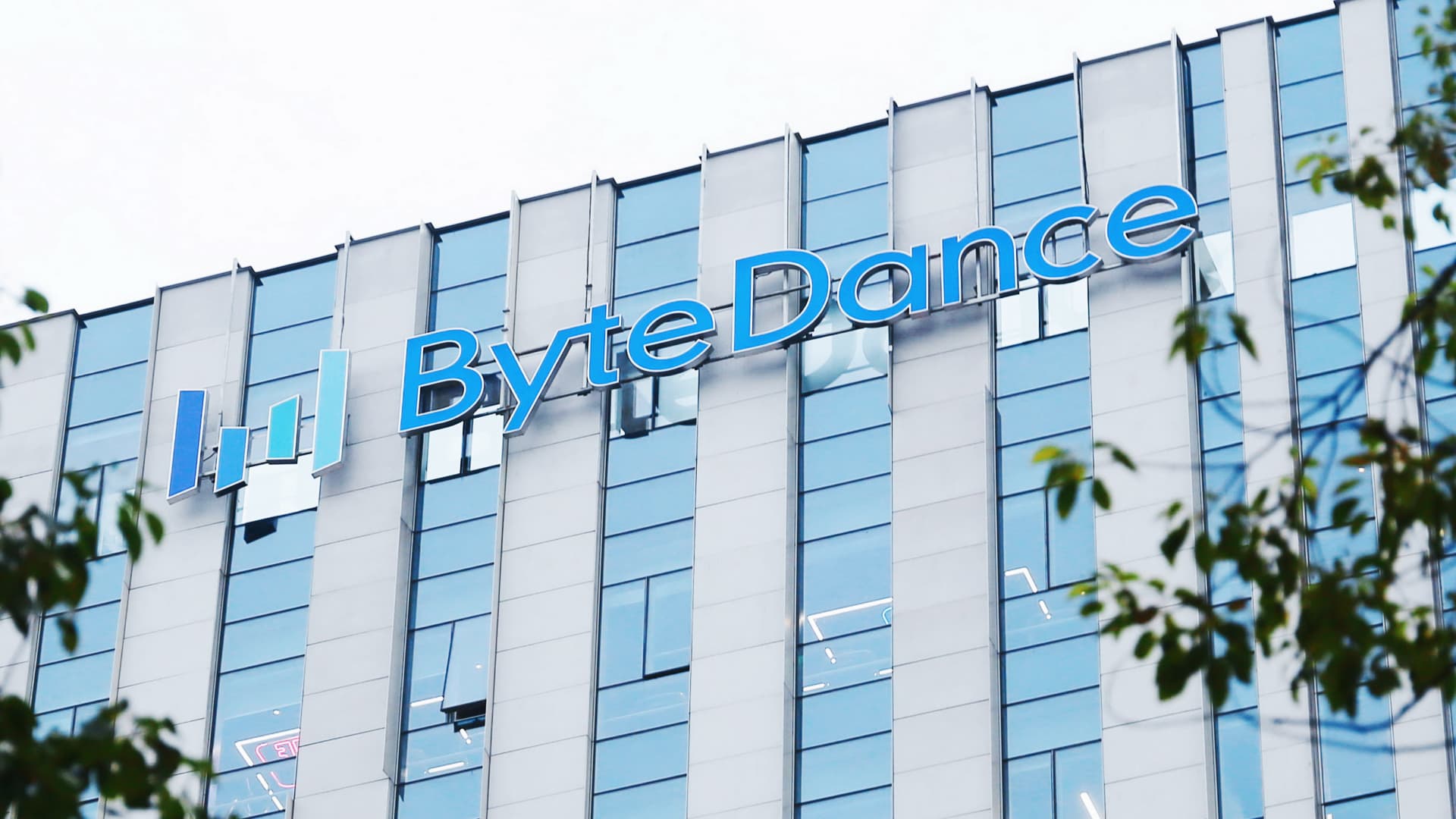By Prince Antwi
Copyright ghanaguardian

The World Bank has urged Ghana to take bold and deliberate steps to end its repeated reliance on International Monetary Fund (IMF) loan-supported programmes, warning that short-term fixes will not deliver sustainable macroeconomic stability.
In its latest Policy Notes on Ghana, titled “Transforming Ghana in a Generation”, the Bank emphasized that while IMF programmes have helped stabilize the economy in the past, Ghana’s long-term transformation depends on fiscal discipline, sound governance, and structural reforms.
“Ghana must break from past governance failures marked by fiscal indiscipline, inefficiency, and repeated IMF programmes,” the report stated.
According to the World Bank, Ghana has the potential to sustain growth above 6.5% and triple its per capita income by 2050 if it adopts bold reforms and strengthens institutions. However, it warned that weak structural transformation and heavy dependence on natural resources remain major obstacles.
The Policy Notes identified four foundations for Ghana’s long-term transformation:
Restoring macro-financial stability through better revenue mobilization, stronger expenditure management, and reforms in high-risk sectors such as energy and cocoa.
Boosting productivity and jobs by fostering a stronger business environment that attracts private investment into high-productivity sectors.
Sustainable resource management and resilience in agriculture and infrastructure to ensure broad-based, inclusive growth.
Reinforcing governance through stronger institutions, anti-corruption measures, and an efficient public sector to rebuild trust and enhance service delivery.
Robert Taliercio, World Bank Country Director for Ghana, Liberia, and Sierra Leone, said Ghana must seize this moment to reset its economy.
“Ghana has a unique opportunity to restore fiscal discipline, improve governance, and leverage natural and human capital resources for broad-based and inclusive development to transform the country within a generation,” he noted.
He added that Ghana could avoid the “middle-income trap” by maintaining macroeconomic stability, keeping inflation low, and ensuring sustainable public finances, similar to other countries that have sustained prolonged periods of robust growth.
Stefano Curto, Lead Economist and principal author of the report, stressed that Ghana’s current policy choices will determine its long-term trajectory.
“The choices Ghana makes now can unlock a generation of inclusive, resilient growth and deliver on the promise of quality jobs for its citizens,” he said.
He further assured that the World Bank stands ready to support Ghana’s leadership and stakeholders in achieving sustainable economic transformation.



